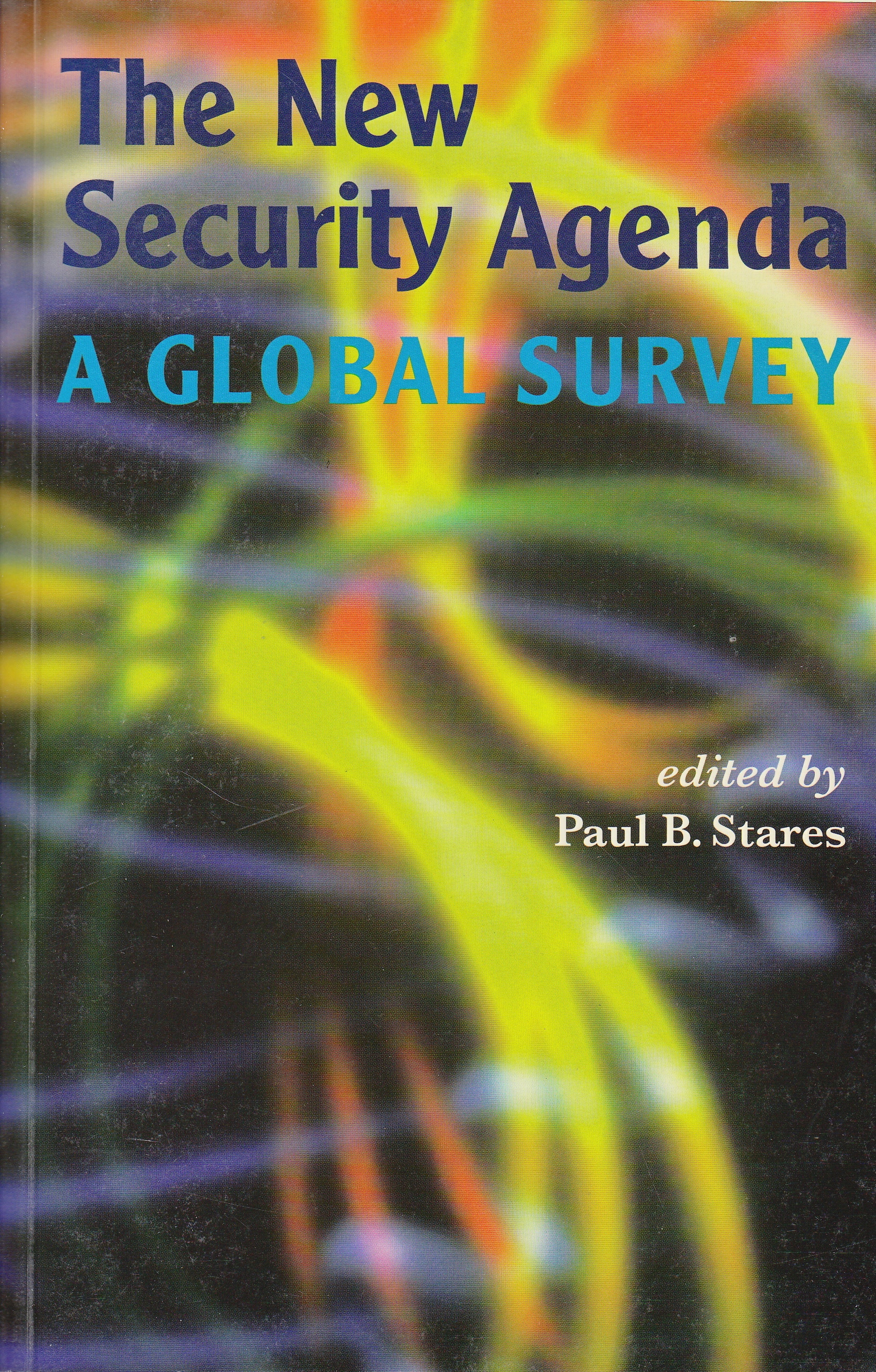In the wake of the cold war, a host of issues loosely termed “new security challenges” have become the focus of growing concern worldwide. Typically comprising international terrorism, ethnic strife, environmental degradation, food and energy scarcities, drug trafficking, unchecked population growth, uncontrolled migration, and organized crime, these can hardly be considered especially new problems. The explicit characterization and treatment of them as security issues, however, is a relatively recent development.
Whether such problems are appropriate subjects for security policy and what priority they should be afforded relative to traditional military-related concerns are questions that have ignited an intense and contentious debate in many countries. In an important contribution to this debate, The New Security Agenda takes stock of how attitudes toward the meaning of security are changing around the world and in particular how the principal “new” security issues are perceived in key countries and regions. With individual chapters on the ASEAN region, China, Japan, Latin America, the Middle East, North America, South Asia, South Korea, the countries of the Southwest Pacific, the former Soviet Union, and Western Europe, this book is the first truly global survey of its kind.
The volume, published by the Japan Center for International Exchange, is edited by Paul B. Stares, author of Global Habit: The Drug Problem in a Borderless World. Dr. Stares is currently a senior research fellow at the Japan Institute of International Affairs in Tokyo and a nonresident senior fellow of the Brookings Institution in Washington DC. This research was conducted under the “New Security Agenda” project as part of the Asia Pacific Agenda Project (APAP).
Contents
- 1. Foreword
- Yamamoto Tadashi, President, Japan Center for International Exchange
- 2. Introduction
- Paul B. Stares, Senior Research Fellow at the Japan Institute of International Affairs in Tokyo and Nonresident Senior Fellow of the Brookings Institution in Washington, D.C.
- 3. North America
- Ann M. Florini, Resident Associate, Carnegie Endowment for International Peace
- P. J. Simmons, Associate, Carnegie Endowment for International Peace
- 4. Former Soviet Union
- Sergei Medvedev, Research Fellow, Finnish Institute of International Affairs
- 5. Western Europe
- Alessandro Politi, Consultant for the Italian Defence Ministry and for private research institutes
- 6. Middle East
- Kamal S. Shehadi, Director, Lebanese Centre for Policy Research
- 7. Latin America
- Monica Serrano, Professor, Centro de Estudios Internacionales, El Colegio de Mexico
- 8. Japan
- Akaneya Tatsuo, Associate Professor, Institute of Policy and Planning Sciences, University of Tsukuba
- 9. China
- Yu Xiaoqiu, Deputy Director, Division of World Development and Change Studies, Center for China’s Foreign Policy, China Institute of Contemporary International Relations
- 10. South Korea
- Moon Chung-in, Professor of Political Science and Dean, Graduate School of International Studies, Yonsei University
- 11. The ASEAN Region
- Julaporn Euarukskul, Associate Professor, Faculty of Liberal Arts, Thammasat University, Bangkok
- 12. South Asia
- Iftekharuzzaman, Executive Director, Regional Centre for Strategic Studies, Colombo, Sri Lanka
- 13. Southwest Pacific
- Jim Rolfe, Associate Director, Master of International Relations Program, Victoria University of Wellington, New Zealand
- 14. Concluding Remarks
- Paul B. Stares

